Literature in History12
-
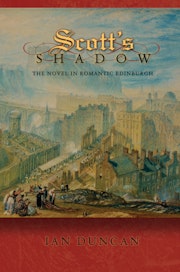
Scott's Shadow is the first comprehensive account of the flowering of Scottish fiction between 1802 and 1832, when post-Enlightenment Edinburgh rivaled London as a center for literary and cultural innovation. Ian Duncan shows how Walter...
-
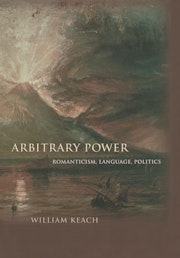
This book explores previously unexamined links between the arbitrary as articulated in linguistic theories on the one hand, and in political discourse about power on the other. In particular, Willam Keach shows how Enlightenment...
-
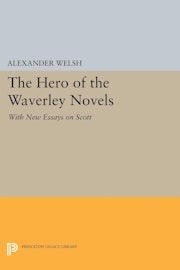
One of the most influential works on Sir Walter Scott, The Hero of the Waverley Novels is a model for reconstructing ideas common at a given period in time. In this book Alexander Welsh draws upon the entire canon of Scott's fiction to...
-
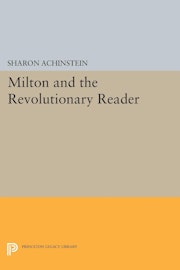
The English Revolution was a revolution in reading, with over 22,000 pamphlets exploding from the presses between 1640 and 1661. What this phenomenon meant to the political life of the nation is the subject of Sharon Achinsteins book....
-
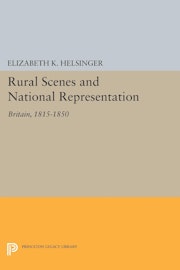
Elizabeth Helsinger's iconoclastic book explores the peculiar power of rural England to stand for conflicting ideas of Britain. Despite the nostalgic appeal of Constable's or Tennyson's rural scenes, they record the severe social and...
-
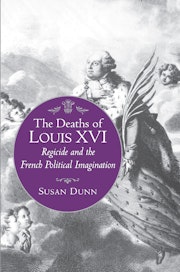
The public beheading of Louis XVI was a unique and troubling event that scarred French collective memory for two centuries. To Jacobins, the king's decapitation was the people's coronation. To royalists, it was deicide....
-
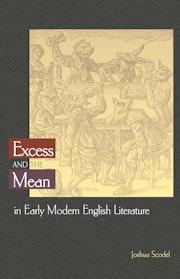
This book examines how English writers from the Elizabethan period to the Restoration transformed and contested the ancient ideal of the virtuous mean. As early modern authors learned at grammar school and university, Aristotle and...
-
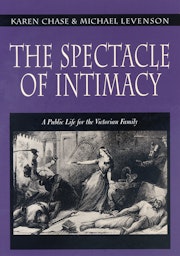
Love of home life, the intimate moments a family peacefully enjoyed in seclusion, had long been considered a hallmark of English character even before the Victorian era. But the Victorians attached unprecedented importance to...
-
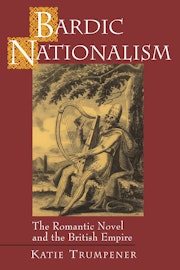
This magisterial work links the literary and intellectual history of England, Scotland, Ireland, and Britain's overseas colonies during the late eighteenth and early nineteenth centuries to redraw our picture of the origins of cultural...
-
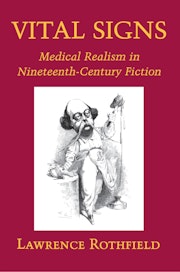
Vital Signs offers both a compelling reinterpretation of the nineteenth-century novel and a methodological challenge to literary historians. Rejecting theories that equate realism with representation, Lawrence Rothfield argues that...
-
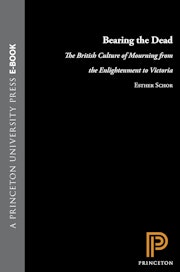
Esther Schor tells us about the persistence of the dead, about why they still matter long after we emerge from grief and accept our loss. Mourning as a cultural phenomenon has become opaque to us in the twentieth century, Schor argues....
-

Alexander the Great, according to Plutarch, carried on his campaigns a copy of the Iliad, kept alongside a dagger; on a more pronounced ideological level, ancient Romans looked to the Aeneid as an argument for imperialism. In this major...